I feel shaky inside.
I’m skittish and nervous.
I’m anxious about everything now.
What is happening to me?
How do I deal with this?
Anxiety is extremely common during times of loss.
Most of us deal with some anxiety on a daily basis. We live in an anxious world. Some of us come from trauma-ridden childhoods and challenging backgrounds. If we’re honest, most of us have reason to live in a state of high anxiety.
We all have a somewhat different anxiety baseline. This is the “normal” amount of anxiety we experience and deal with amid routine, everyday life. Some have a higher anxiety baseline than others.
No matter our baseline, however, anxiety naturally increases with a loss. For some of us, a death can send our anxiety soaring off the charts.
Anxiety attacks become common. Panic attacks are not unusual. Ongoing high anxiety plagues many grieving hearts.
When anxiety strikes, we feel hijacked. Something invades and takes us over. We feel ourselves losing control. It feels like our own minds and bodies are betraying us. We can think we’re losing it or going crazy.
The reality is that our hearts have been hit hard by the death of someone we love. Our worlds have been forcefully altered. We live in a different world now, one without our friend or loved one. All the change is staggering and unnerving. Anxiety is the natural result.
When anxiety comes, breathe deeply. It’s important to breathe in through your nose and out through your mouth. This activates your parasympathetic nervous system and sends a calming message to your brain. If you can, practice deep breathing several times a day when you’re not anxious. The more your practice, the better able you will be to initiate this helpful skill when you need it most.
Acknowledge and accept the anxiety. “I’m feeling anxious, and that’s okay.” Identify, if you can, the thought behind the anxiety. “I’m feeling anxious because I’m wondering about the future.” The more you accept the anxiety and where it’s coming from, the less power it will have.
Fleeing the anxiety is not helpful. Fighting it is fruitless. Both roads only give the anxiety more power and influence. Instead, accept it. By accepting the anxiety, you unplug its dread. Tell yourself, “I’m anxious and that’s okay. I’m grieving.”
Affirmation: I’ll remember that anxiety is natural and common in grief. I’ll accept the anxiety when it comes and accept myself in the moment as best I can.
Suggestions:
When you find yourself getting anxious, please consider implementing the following tips.
- Begin breathing deeply. Do this for several minutes. This will help calm your mind and heart so that you can begin to process what you’re feeling and thinking. Please see the end of chapter five for a more detailed explanation of the skill of deep breathing.
- Acknowledge the anxiety. Try to identify the thoughts that led to this anxiety spike. Express this out loud or in writing.
- Accept where you are in the moment. Tell yourself, “I’m anxious right now, and that’s okay. I’m grieving.”
Increased anxiety is extremely common on the grief journey. When anxiety comes, acknowledge it, express it, and accept it as part of your grief process.
Excerpt from The Grief Guidebook: Common Questions, Compassionate Answers, Practical Suggestions.
Humble yourselves, therefore, under the mighty hand of God so that at the proper time he may exalt you, casting all your anxieties on him, because he cares for you. (1 Peter 5:6-7)
Question: Have you struggled with anxiety since your loss? Feel free to share by commenting below.



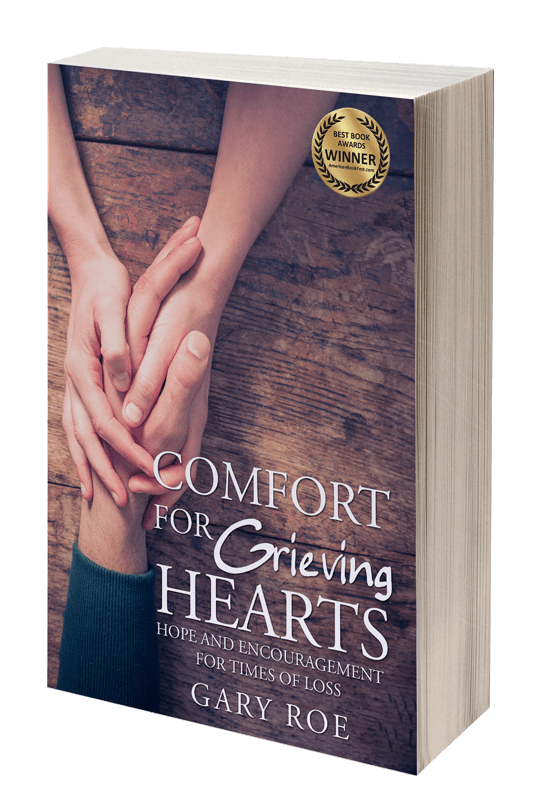
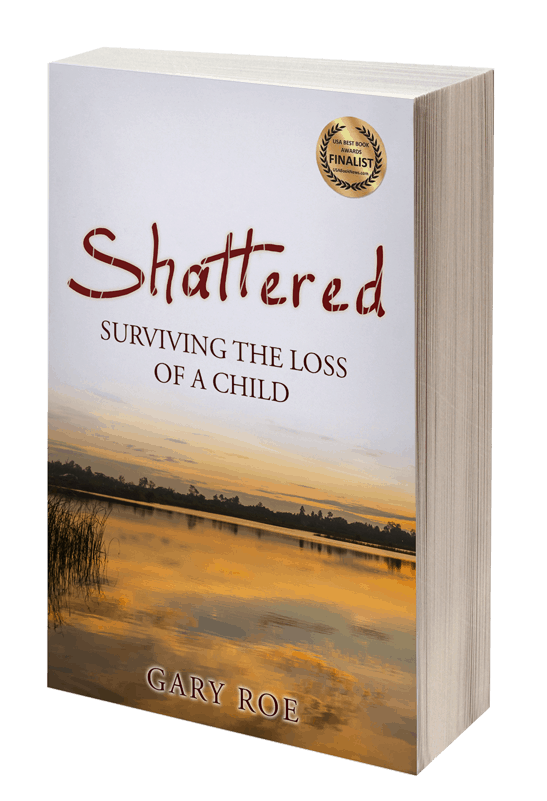
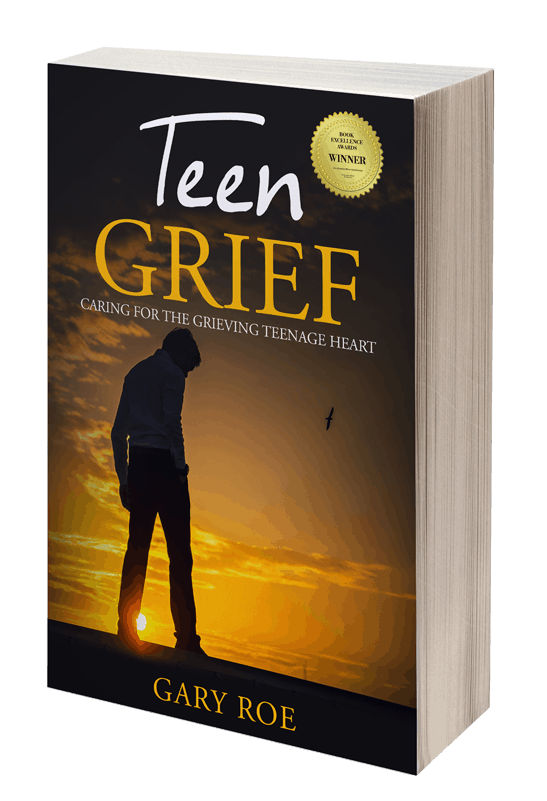
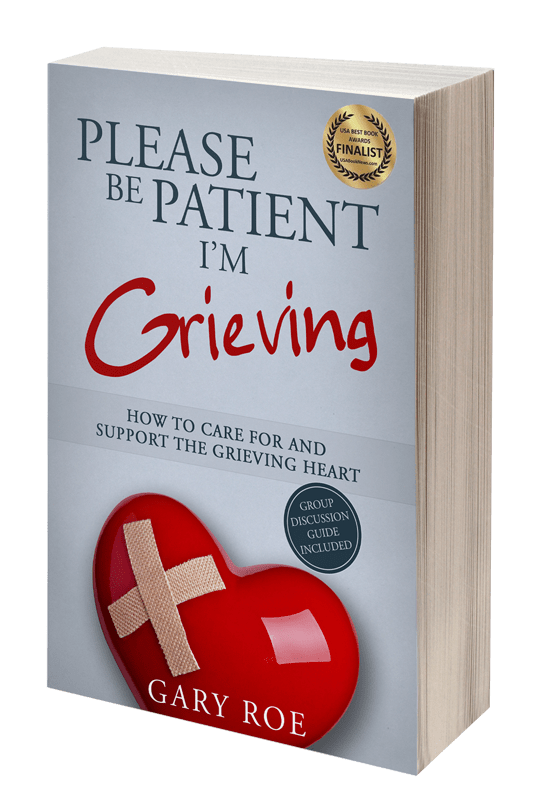
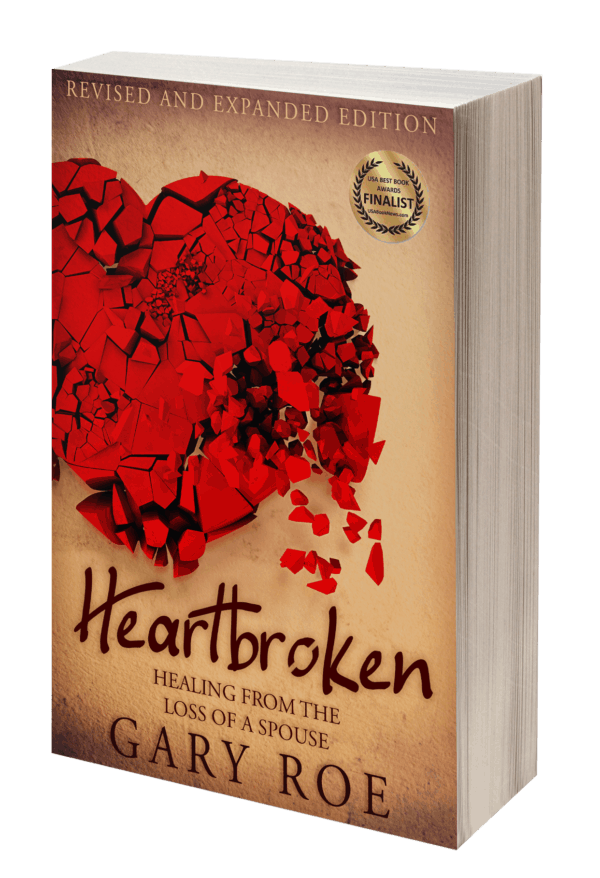
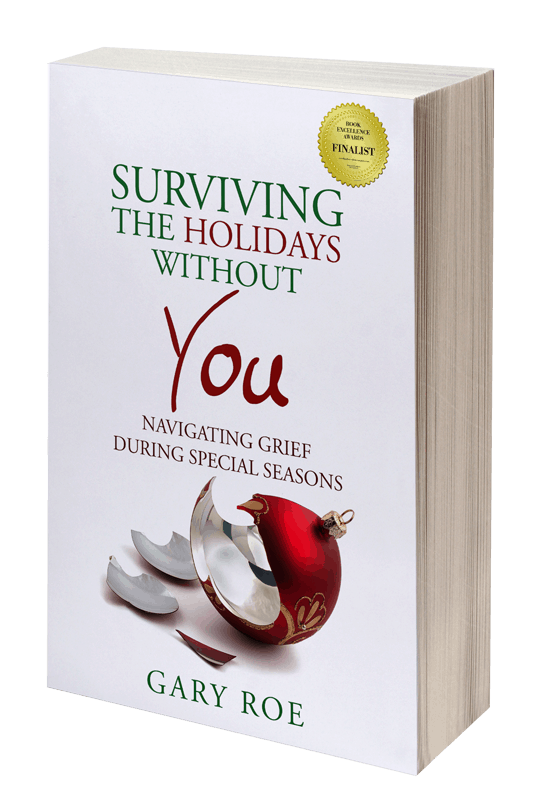
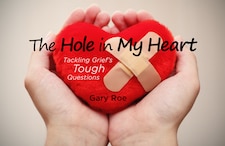
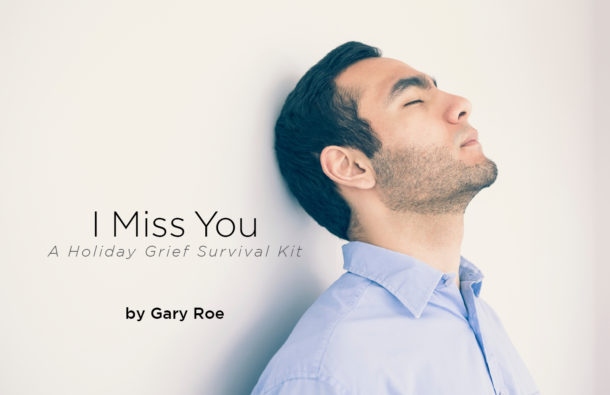
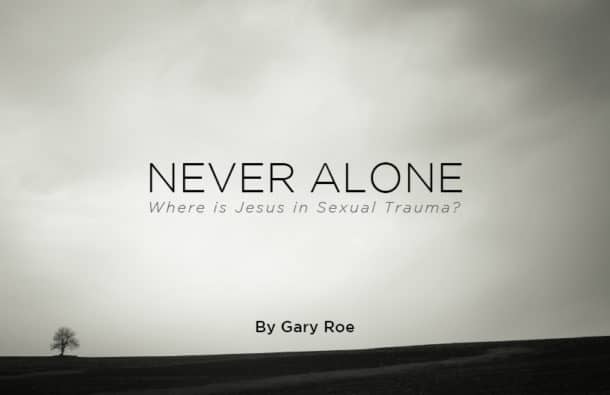

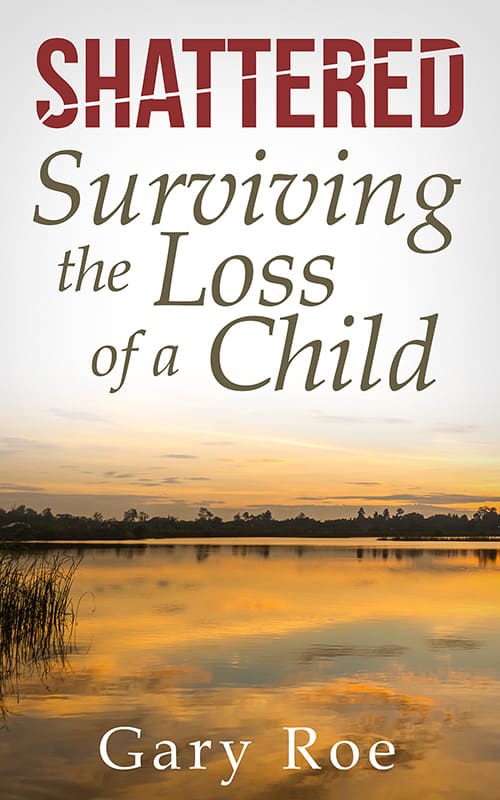
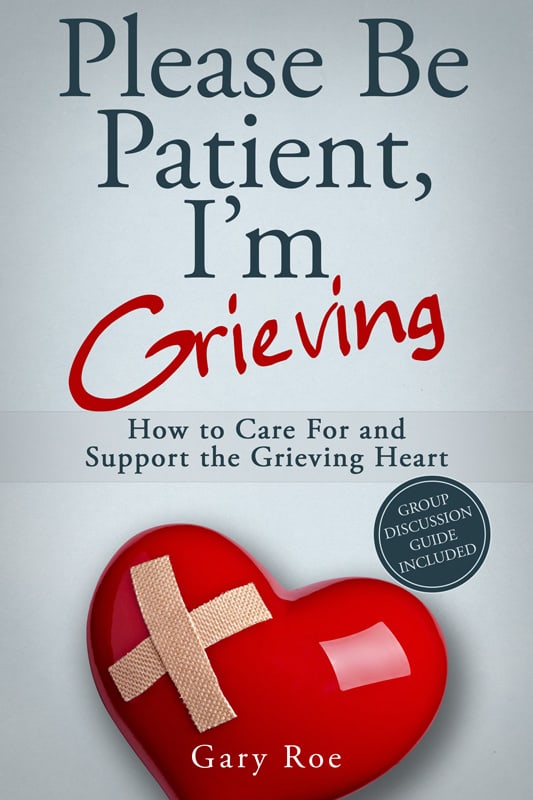

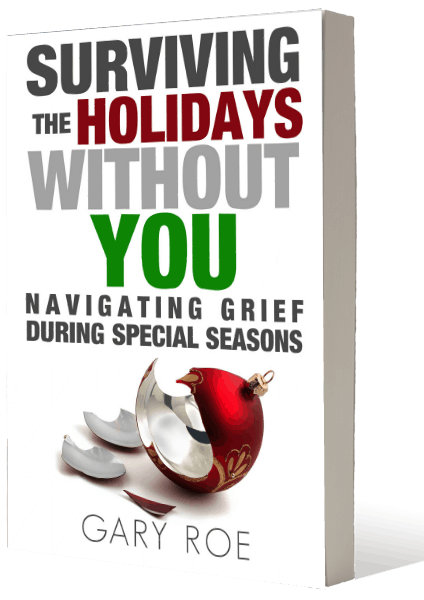

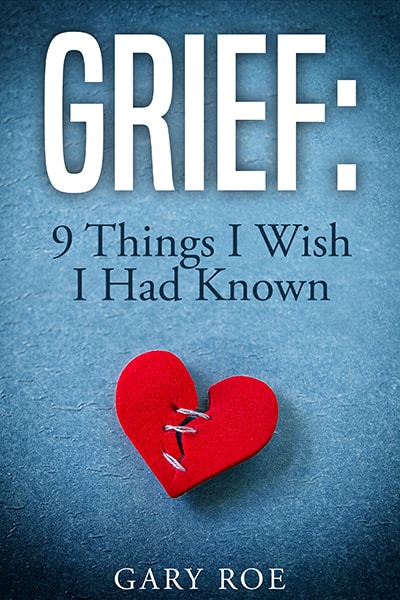
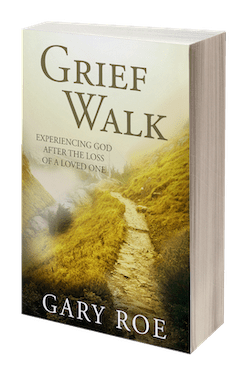
In a state of anxiety since divorce in 2017. Had everything taken by my abuser and his rich widow girlfriend. Lost my uncle who was raised by the grandparents who raised me then lost my birth mother at end of May this year after a lifetime of begging for her love. Am losing my current marriage to a preacher who is “married to his pastor of 36 years” I have known nothing but loss. But I know Jesus abides in me. I would perish if I get far away from the knowledge that my hope is not in man but in my creator. I am trying to shift closer to God and toward taking care of me.
Hi Vickie. I’m stunned by your comment. Goodness. I’m so sorry. What a terrible load of loss. And yet, we choose to abide. This encouraged me greatly. Yes, we do not trust in man. Our trust is in the One who planned us, created us, loves us, and knows us. I am praying for you now, Vickie. I’m honored to “know” you. Blessings in Christ…
Yes, since the death of my husband, later my youngest son had a heart attack.
Hi Cynthia. Oh my. How awful. I hope he is doing well? Praying for you now…